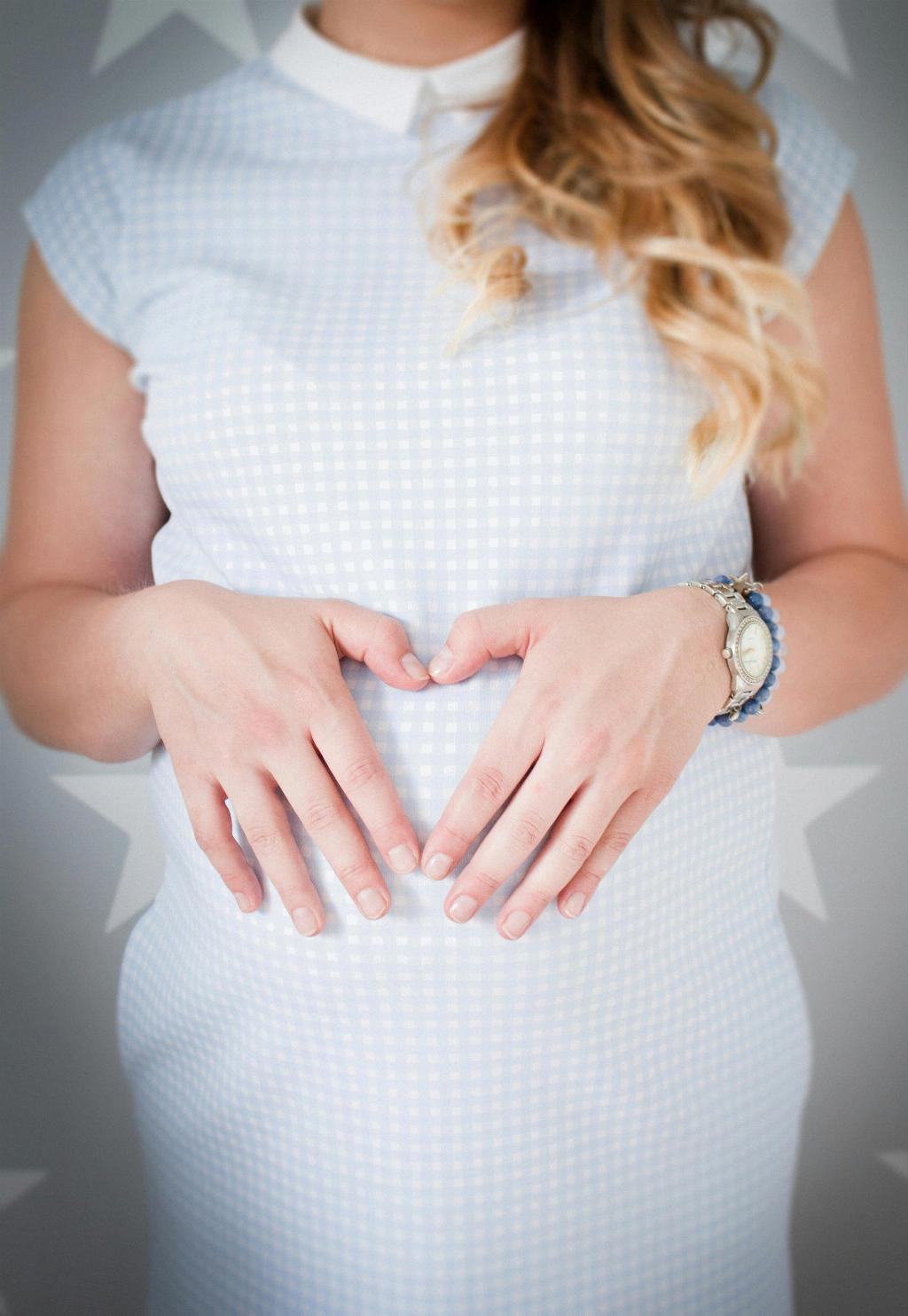Many expectant mothers wonder about the effects of consuming caffeine during pregnancy. It’s important to note that while some research suggests that high levels of caffeine intake may be associated with adverse pregnancy outcomes, the evidence is not definitive. Therefore, it’s crucial to understand the potential risks and benefits of caffeine consumption during pregnancy.
Until more research is conducted and further data is available, it is generally recommended that pregnant individuals limit their caffeine intake to around 200 milligrams per day. This amount is roughly equivalent to one to two 8-ounce cups of coffee or one 12-ounce cup of coffee. Nonetheless, it’s essential to monitor the caffeine content of various beverages and foods to ensure that you are not exceeding the recommended daily limit.
Consuming excessive amounts of caffeine during pregnancy may lead to potential risks, including miscarriage, preterm birth, low birth weight, and other complications. High caffeine intake can also increase the risk of gestational diabetes and negatively affect the baby’s growth and development. Therefore, it’s advisable to be mindful of your caffeine consumption and make informed decisions to safeguard your health and the well-being of your baby.
While moderate caffeine consumption is generally considered safe for most pregnant individuals, it’s crucial to consult with your healthcare provider to determine the appropriate caffeine intake level based on your individual circumstances. Factors such as overall health, medical history, and pregnancy status can influence how caffeine may affect you and your baby. Therefore, open communication with your healthcare team is essential for making informed decisions about your caffeine consumption during pregnancy.
In addition to coffee, caffeine is present in various other beverages and foods, including tea, soft drinks, energy drinks, and chocolate. It’s important to consider all potential sources of caffeine in your diet and monitor your overall intake to stay within the recommended limits. Reading labels, understanding portion sizes, and being aware of hidden sources of caffeine can help you make informed choices and manage your caffeine consumption effectively.
It’s crucial to remember that every pregnancy is unique, and what works for one person may not be suitable for another. Some individuals may be more sensitive to caffeine and experience adverse effects even with moderate consumption. If you notice any discomfort, jitteriness, increased heart rate, or other symptoms after consuming caffeine, it may be a sign that you need to reduce your intake or avoid caffeine altogether during pregnancy.
While the current guidelines suggest limiting caffeine intake during pregnancy, it’s essential to approach this recommendation with a balanced perspective. Caffeine is a stimulant that can have various effects on the body, including increased alertness and improved concentration. In moderation, caffeine can be a part of a healthy lifestyle, but it’s crucial to be mindful of your consumption and make choices that prioritize your health and the well-being of your baby.
Ultimately, the decision of whether to consume caffeine during pregnancy is a personal one that should take into account your individual preferences, health status, and medical advice. If you have any concerns or questions about caffeine consumption during pregnancy, don’t hesitate to reach out to your healthcare provider for guidance and support. Your healthcare team can provide personalized recommendations and help you make informed choices that align with your pregnancy goals and overall well-being.
Remember that pregnancy is a time of significant change and growth, both for you and your baby. By staying informed, listening to your body, and seeking guidance when needed, you can navigate the journey of pregnancy with confidence and make choices that support your health and the development of your little one. Take care of yourself, stay informed, and enjoy this special time in your life.

